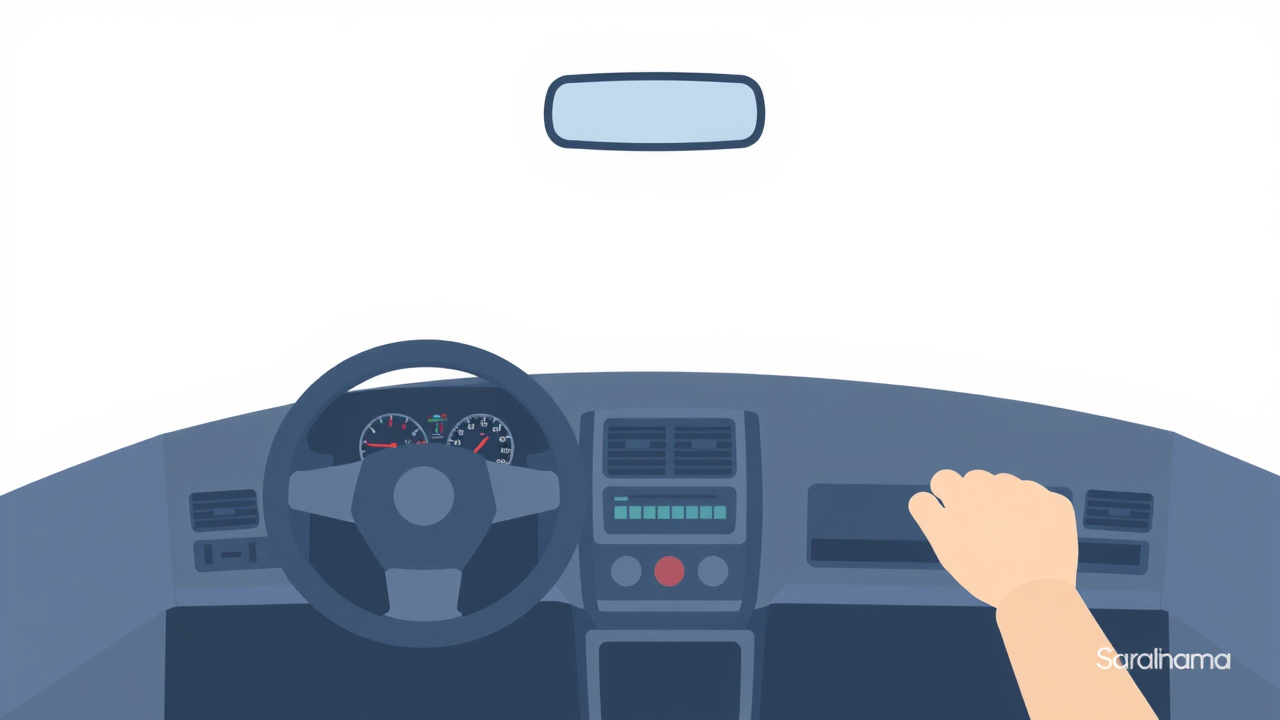Driving under the influence of alcohol is widely recognized as dangerous, but recent findings suggest that even mild dehydration can pose similar risks on the road. Scientific research indicates that not drinking enough water can impair brain function, slow reflexes, and reduce concentration levels comparable to alcohol consumption. A 2024 Behavioural Science & Digital Health trial revealed that dehydrated drivers showed 40% slower reaction times and 50% more missed cues than properly hydrated individuals. Experts explain that dehydration affects the body's fluid balance, which directly impacts muscle performance and cognitive abilities. Common symptoms include fatigue, dizziness, headache, and reduced alertness. While most dehydration cases result from insufficient water intake during long journeys or hot weather, frequent episodes may indicate underlying health conditions like diabetes or kidney problems. Staying hydrated before driving is therefore as essential a safety habit as avoiding alcohol.

Impact on Brain Function and Reaction Times While Driving
Dehydration significantly reduces fluid levels in the body, which directly affects how the brain processes information and how muscles respond. According to psychologist Arpita Kohli from PSRI Hospital, even mild dehydration causes fatigue, slower reaction times, and difficulty focusing. While behind the wheel, a dehydrated driver may fail to process road information quickly enough and struggle to respond effectively to sudden hazards. Signs to watch for include dry mouth, thirst, headache, dizziness, tiredness, and reduced alertness. Subtle symptoms like irritability, difficulty concentrating, muscle cramps, or blurred vision can also appear, all interfering with safe driving. A dehydrated driver may drift between lanes, react slowly to hazards, or miss important road signs, endangering themselves and others on the road.
Source: Link
